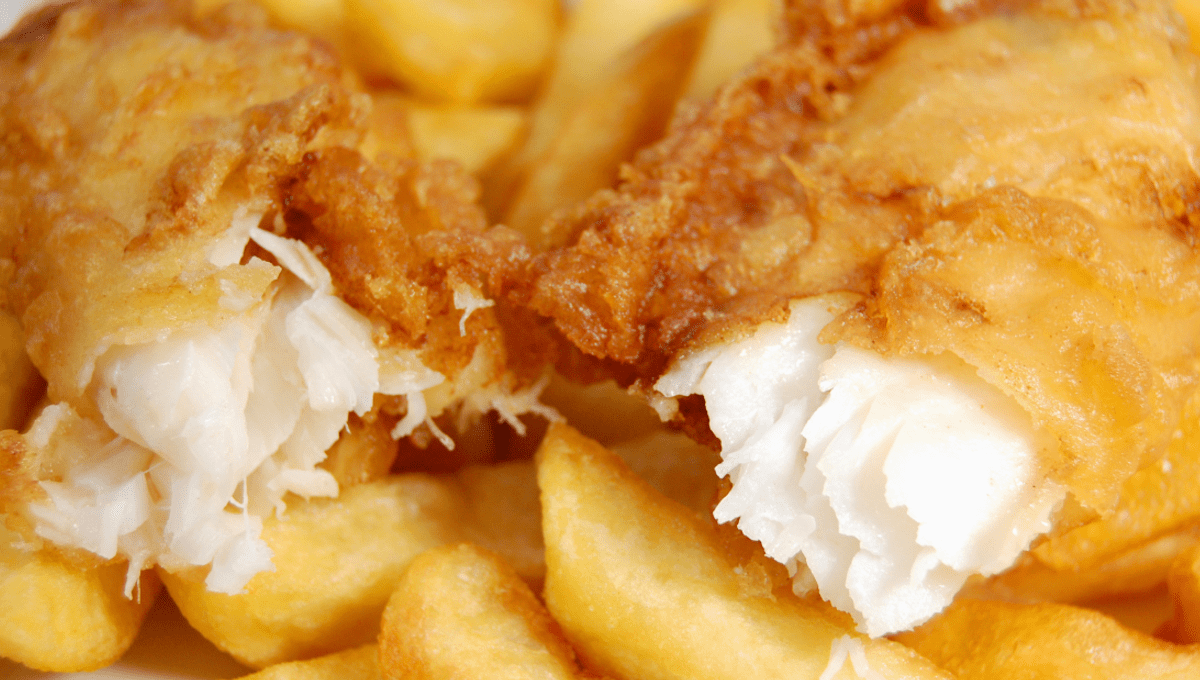
Shark fans, look away: it seems some of us may have been unknowingly eating some of the oceans’ most remarkable and endangered apex predators. A new study used DNA barcoding to analyze the contents of “flake” – an umbrella term used for fish fillets – sold across South Australia, and found that much of the product being sold contained shark species that weren’t meant to be in the mix, including the short-fin mako and smooth hammerhead.
The gummy (Mustelus antarcticus) and New Zealand rig (Mustelus lenticulatus) sharks both fall under the umbrella term flake, as sustainably fished shark species recommended for consumption by the Australian Fish Names Standard (AFNS). However, the classification system isn’t mandatory in Australia, which leaves room for other shark species being wrongfully included in flake products.
“Ultimately, the lack of clear national guidelines or labelling laws that safeguard authenticity and compliance on the sale of shark meat (e.g., show species or origin of catch) potentially opens the door to fraudulent practices,” wrote the researchers behind the new study.
“Flake is a key part of traditional fish and chip sales in Australia, and this study aimed to evaluate the mislabelling rate associated with shark products sold under the umbrella term ‘flake’ and compare it with the AFNS recommended guidelines and list of commercial designations.”
Their DNA barcoding technique used the mitochondrial COI gene to identify species included within flake, and look for sharks not included under the AFNS guidelines and possibly even threatened species. Not all samples were able to return a clean sequence, possibly due to lower DNA quality or damage from being processed and cooked.
Of those that were able to return a sequence, they found at least nine species of sharks, including species that fall under the IUCN Red List as threatened, and sharks that are under Convention on International Trade in Endangered Species of Wild Fauna and Flora (CITES) protection.
Only 27 percent of samples tested adhered to the AFNS guidelines of containing gummy shark, demonstrating that the wiggle room for squeezing in other species is being exercised. The food fraud may be being committed knowingly or unknowingly, but regardless it demonstrates that improper regulation is putting threatened species at risk, and preventing consumer confidence in what we are eating when we order fish and chips.
“Ultimately, the umbrella term flake allowed for species misrepresentation but DNA barcoding was an effective tool to test ambiguous labelling in processed and cooked shark meat products,” concluded the authors, “and can guide policy, management, and compliance efforts to mitigate mislabelling, empowering consumers to make informed decisions and champion sustainable seafood.”
The study was published in the journal Food Control.
Source Link: Threatened Sharks Found In Fish And Chips In Shocking Example Of Food Fraud